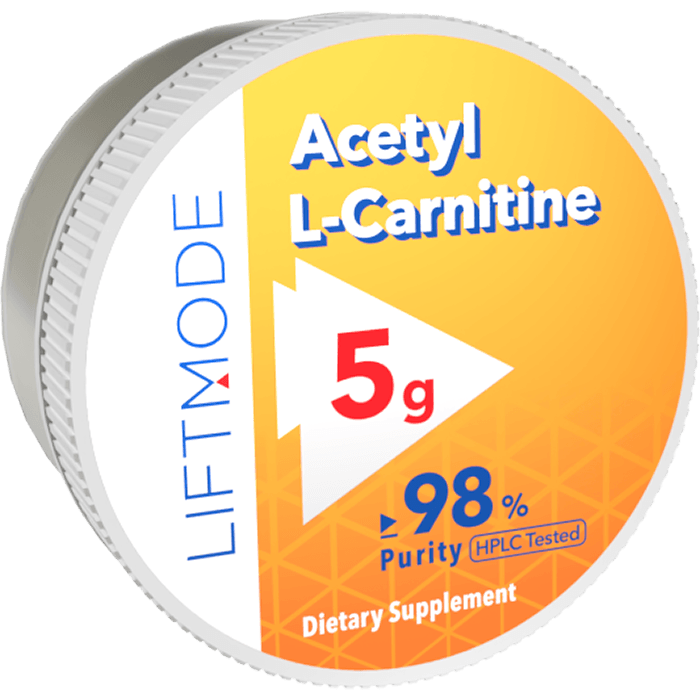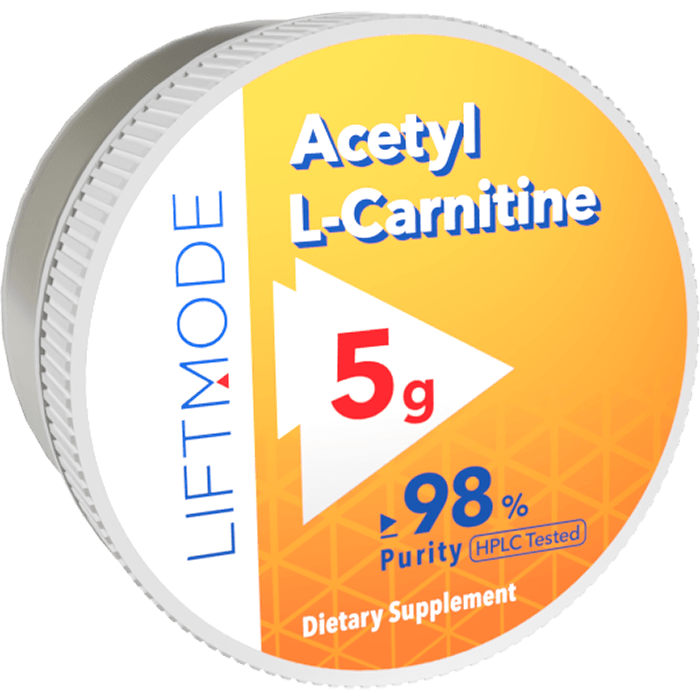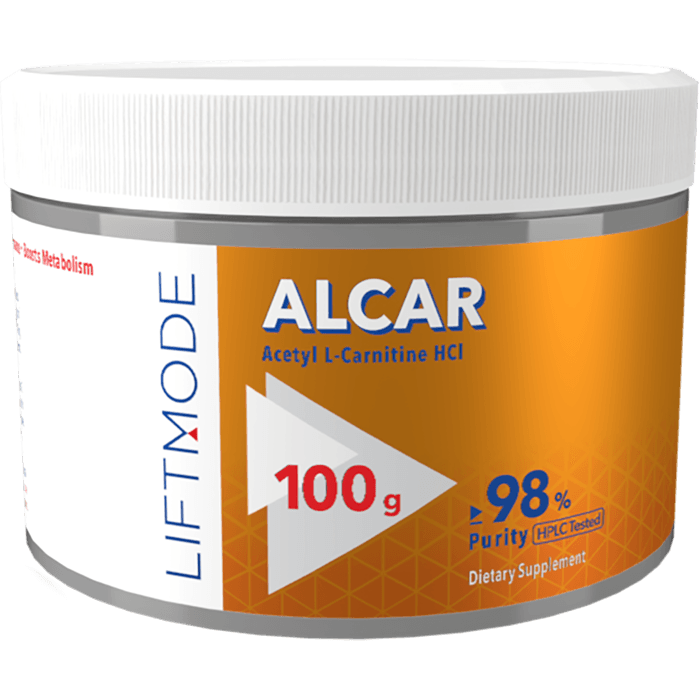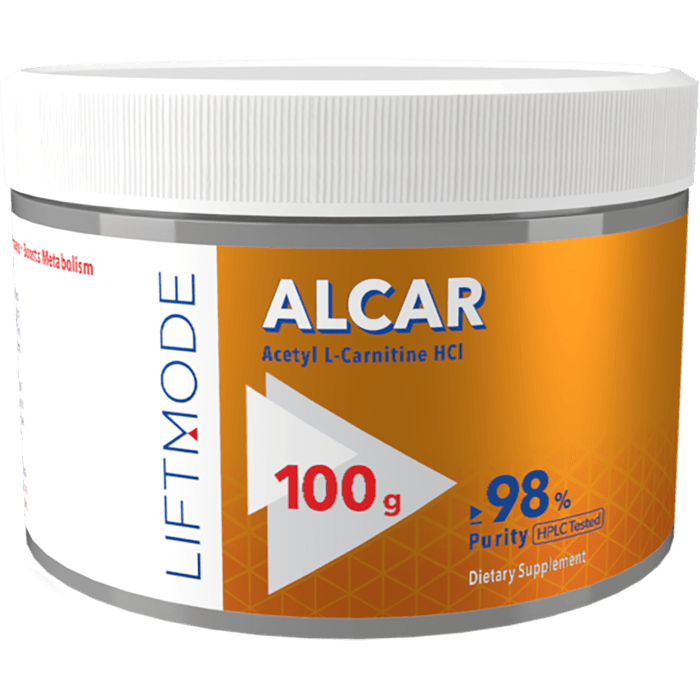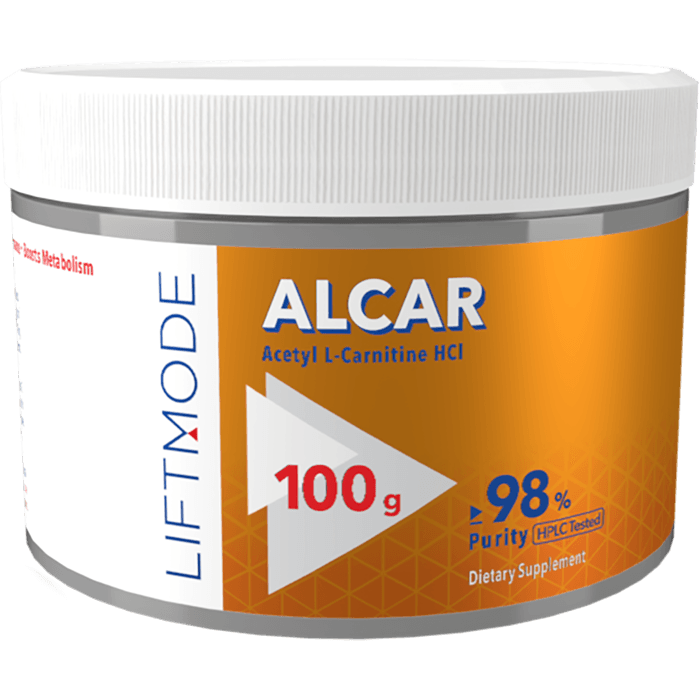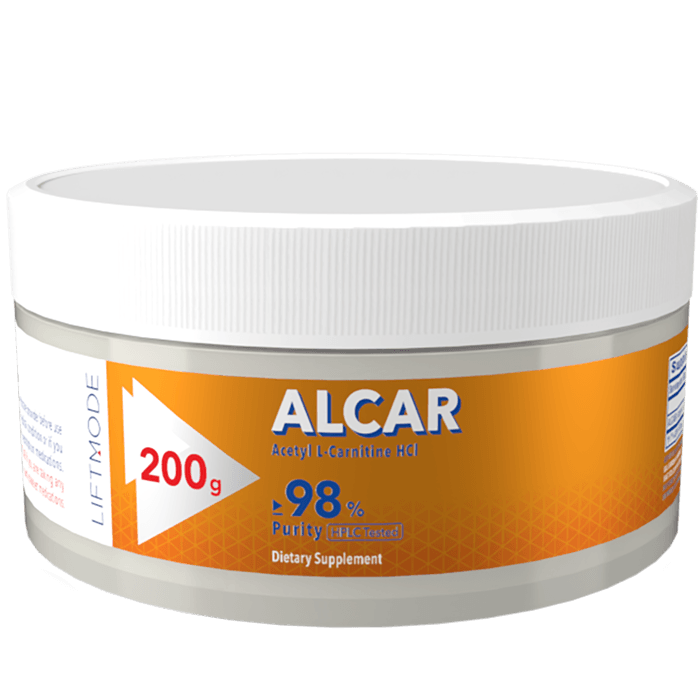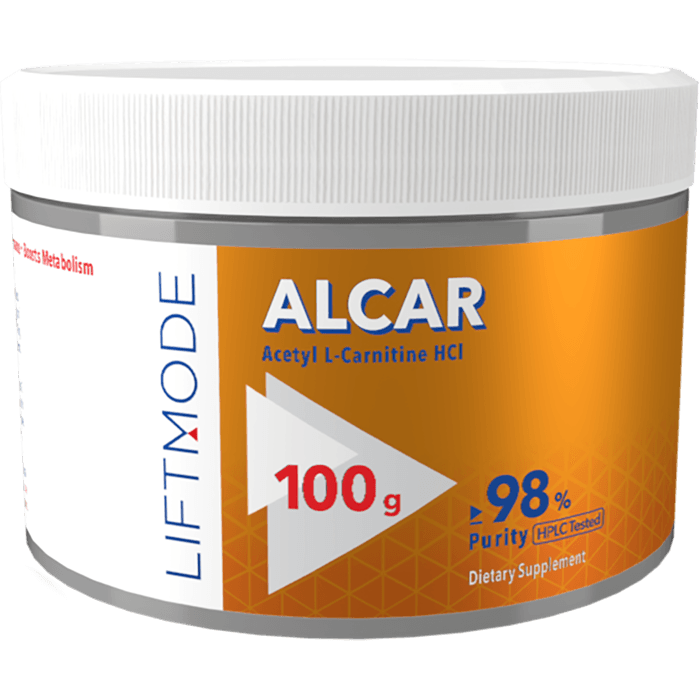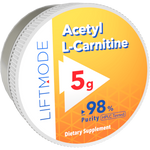-
Free from additives and fillers
-
Gluten Free
-
HPLC Lab tested
-
Non-GMO
-
Science backed
-
Vegan
Scientifically Tailored Ingredients
ALCAR (Acetyl L-Carnitine HCL)
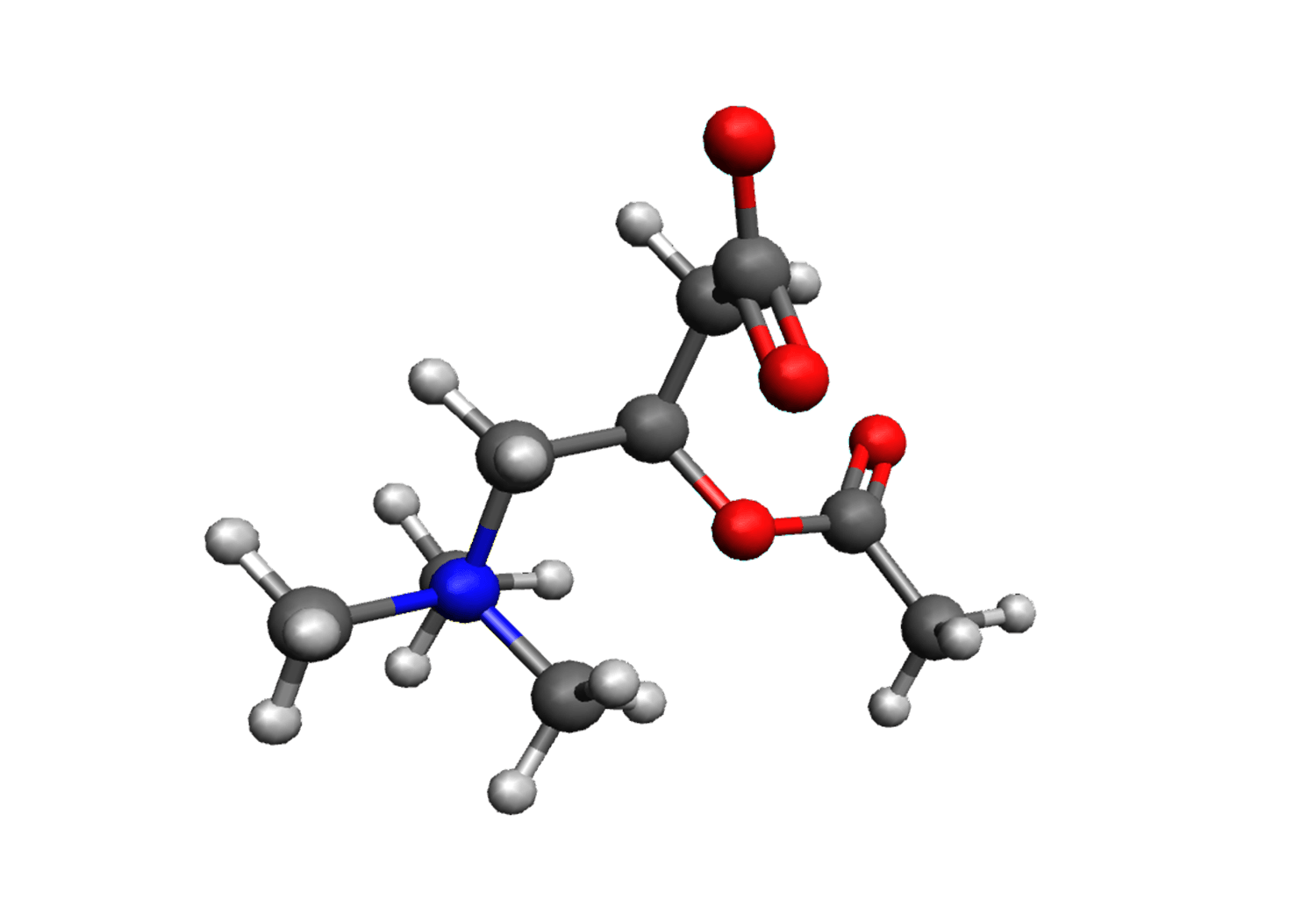
ALCAR (Acetyl L-Carnitine HCL)
L-Carnitine is a naturally occurring amino acid derivative that is most commonly used as a dietary supplement for its cognitive enhancing and fat burning properties. There are many forms of L-Carnitine available, however, the acetylated version; Acetyl L-Carnitine HCL (ALCAR) has been recognized as the most effective form of L-Carnitine, especially for its neuroprotective effects and increased bio-availability. ALCAR has also been found to promote a healthy circulatory system, boost physical performance, and reduce muscular soreness. * Increases Cognition * Enhances Physical Performance * Boosts Metabolism
Collapsible content
References
References
